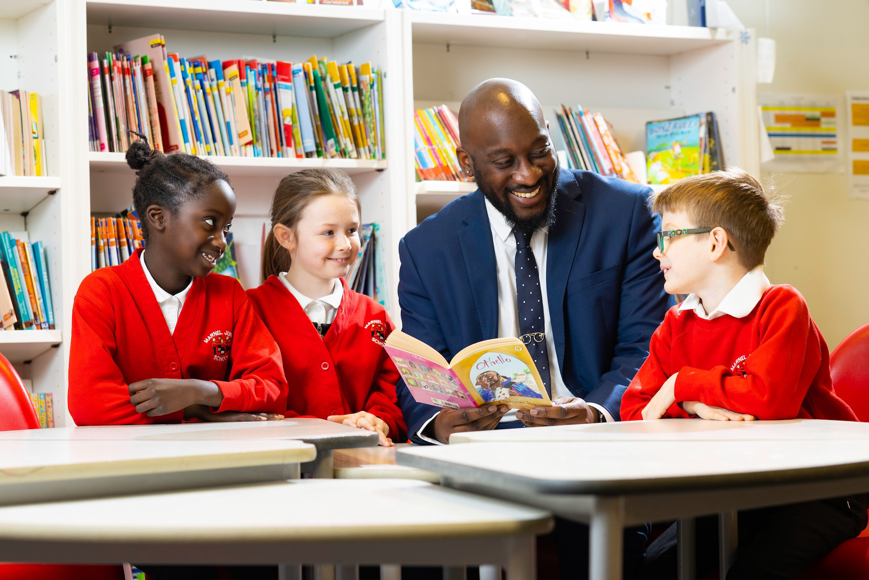SMSC (Spiritual, Moral, Social and Cultural)

Spiritual, moral, social and cultural (SMSC)
Spiritual, moral, social and cultural (SMSC) values and ideas are embedded into the whole curriculum at Marnel Junior School and the SMSC development of pupils is considered in all day-to-day decisions made within the school. Our moral ethos overview and enriched moral purpose curriculum, form an integral part of everything we do. Whether it is planned or spontaneous, there is opportunity for SMSC to be taught in all aspects of the curriculum. At Marnel Junior School we truly believe that SMSC development is essential for both the academic and personal development of pupils. Our curriculum is designed not only for academic progress, but to educate and develop our pupils to grow into safe, healthy, productive and positive members of the community.
Below are the definitions of SMSC development according to the Ofsted School Inspection Handbook from September 2015. As a school we believe we fulfil these development areas fully through our comprehensive and carefully planned curriculum. We have also included a link to our SMSC curriculum map which shows how we incorporate these values into our curriculum.
Spiritual development
Pupils’ spiritual development is shown by their:
- ability to be reflective about their own beliefs, religious or otherwise, that inform their perspective on life and their interest in and respect for different people’s faiths, feelings and values
- sense of enjoyment and fascination in learning about themselves, others and the world around them
- use of imagination and creativity in their learning willingness to reflect on their experiences.
Moral development
Pupils’ moral development is shown by their:
- ability to recognise the difference between right and wrong and to readily apply this understanding in their own lives, recognise legal boundaries and, in so doing, respect the civil and criminal law of England
- understanding of the consequences of their behaviour and actions
- interest in investigating and offering reasoned views about moral and ethical issues and ability to understand and appreciate the viewpoints of others on these issues.
Social development
Pupils’ social development is shown by their:
- use of a range of social skills in different contexts, for example working and socialising with other pupils, including those from different religious, ethnic and socio-economic backgrounds
- willingness to participate in a variety of communities and social settings, including by volunteering, cooperating well with others and being able to resolve conflicts effectively
- acceptance and engagement with the fundamental British values of democracy, the rule of law, individual liberty and mutual respect and tolerance of those with different faiths and beliefs; they develop and demonstrate skills and attitudes that will allow them to participate fully in and contribute positively to life in modern Britain.
Cultural development
Pupils’ cultural development is shown by their:
- understanding and appreciation of the wide range of cultural influences that have shaped their own heritage and those of others
- understanding and appreciation of the range of different cultures within school and further afield as an essential element of their preparation for life in modern Britain
- knowledge of Britain’s democratic parliamentary system and its central role in shaping our history and values, and in continuing to develop Britain
- willingness to participate in and respond positively to artistic, musical, sporting and cultural opportunities
- interest in exploring, improving understanding of and showing respect for different faiths and cultural diversity and the extent to which they understand, accept, respect and celebrate diversity, as shown by their tolerance and attitudes towards different religious, ethnic and socio-economic groups in the local, national and global communities.



